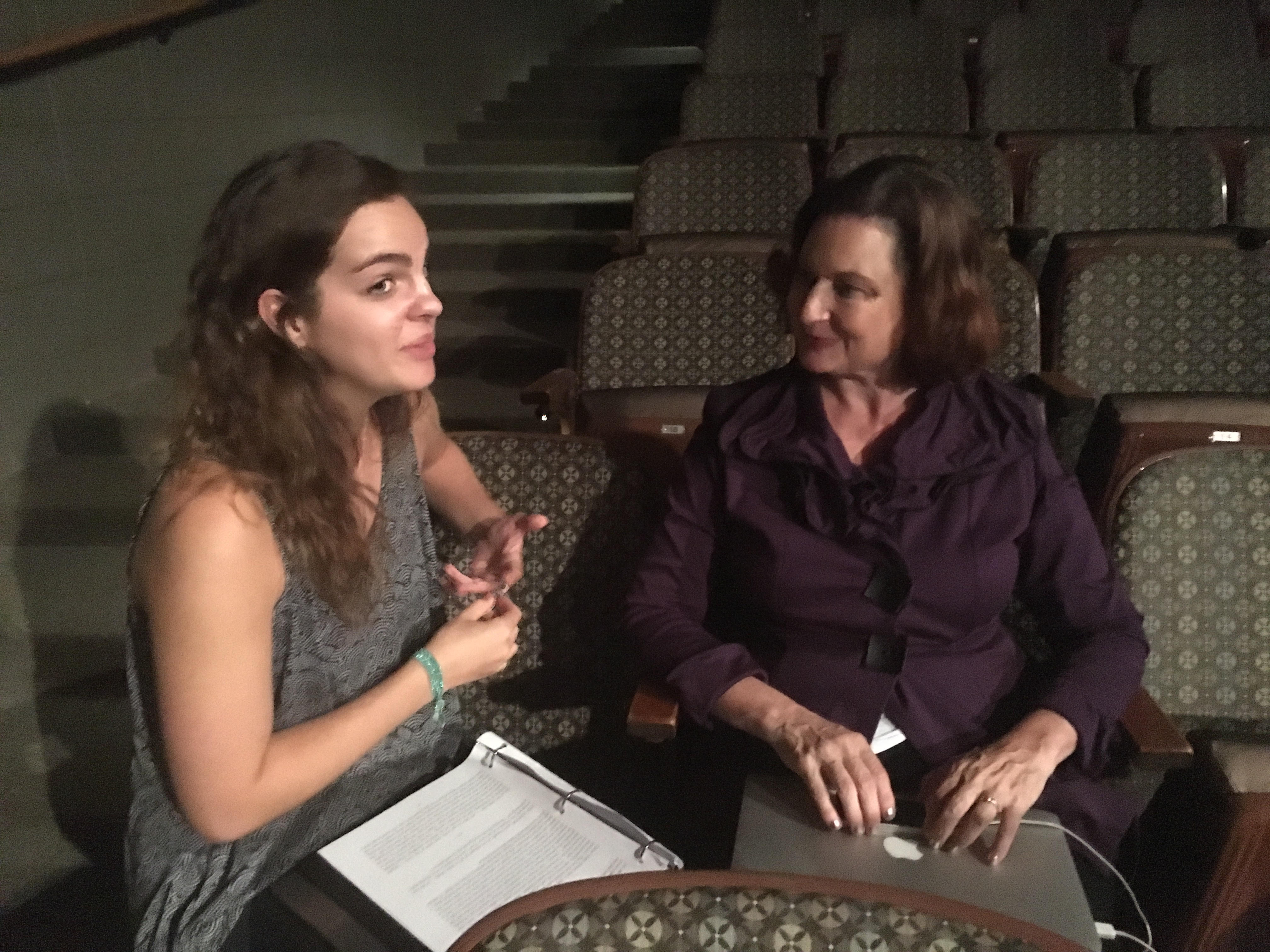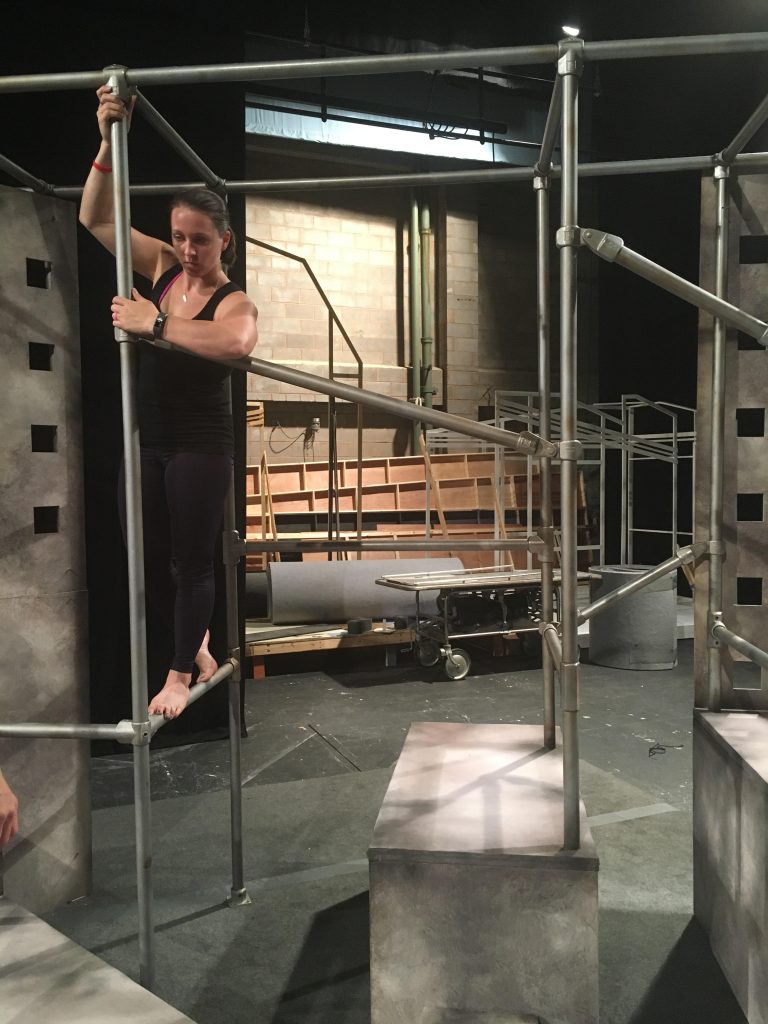
Is there a place in modern theater for plays of faith? There is wherever there are audiences interested in plays of ideas.
Two years ago I was asked to turn Mary Eberstadt’s satirical novel “The Loser Letters” into a stage play. I was chosen because of my success initiating a previous faith-based theatrical production: “The Screwtape Letters.”
This month, “The Loser Letters” is in rehearsal and will premiere on September 30 at the Hartke Theatre in Washington DC. Audiences in that city love plays of ideas, and well-written plays of faith are plays of ideas, so DC is a good fit for us.

Are Audiences Against Faith?
Nearly 15 years ago, when I started adapting C.S. Lewis’s novel “The Screwtape Letters” into a play, a common reaction was, “Today’s audiences are not interested in plays that support faith. They are only interested in plays that denounce faith.” At the time, I was also a judge for one of the Off-Broadway awards, which meant that I attended all of the Off-Broadway productions during those years. What surprised me the most were how many of those plays ended in a mire of nihilism, and how small the audiences were.
During the first Off-Broadway run of “The Screwtape Letters,” we played routinely to 80 to 100 percent capacity, but only 30 percent of our audiences were church groups. Seventy percent were regular theater-goers. We knew this because the agency that sold the tickets could identify the ticket buyers as those who had purchased for other professional productions. We contacted many of those frequent ticket buyers, and they said that they chose “Screwtape” because they were tired of seeing plays about hopelessness.
This signaled a mainstream theater audience ready for plays that show faith in a positive manner. It also signals an audience ready for hope, even when that hope is surrounded by darkness. It is not audiences who are not ready for plays of faith, it is many of the theater companies around the country, and they are missing the opportunity for having larger houses as a result.
Why Doesn’t Atheism Make Sense to Me
“The Loser Letters” is the story of A.F. Christian, a young woman who has lost her faith and has embraced the New Atheism movement. Her task is to improve upon this movement by writing a series of letters to the leaders of New Atheism. Each letter pertains to a different problem A.F. discovers in the movement, and she seeks to correct it and improve the New Atheism with her own ideas and constructive criticism of her new beliefs. The result, however, takes her—and the audience—to an unexpected conclusion.
This is not faith versus logic, but faith and logic versus illogic. Since a play must follow a logical path toward the conclusion, plays of faith, if well-written, will show the faithful path as the logical one. Part of the function of plays of faith, therefore, is to show faith and logic as integral and bound, and in united opposition to illogic. In “The Loser Letters,” A.F.’s attempts to correct the illogic she sees in aspects of the New Atheism eventually take her along a trajectory she did not anticipate, although she always remains true to her logic.
Ultimately, her own constant stream of logic causes A.F. to question her rejection of “The Loser,” and revelations at the end of the play take her to a place and a way of thinking she has not experienced before: a condition of faith and logic.
A play of ideas should include strong concepts and statements mixed with humor and topped off with a theatrical “Wow!” factor. “The Loser Letters” is a very focused play of ideas centering on the causes of loss of faith, and on the New Atheism. It is told through Eberstadt’s biting (but never vicious nor sarcastic) satire. We have added the character of The Shadow, who serves as the main character’s inner demon, following her everywhere and influencing her thoughts and actions.
Our theatrical “Wow!” factor is casting Chellsie Memmel as The Shadow. Chellsie was the 2005 World Champion Gymnast and won the Silver Medal for Best All-Around Gymnast in the 2008 Beijing Olympics. She brings her extraordinary talent to this silent, but very physical character of The Shadow. Since The Shadow is not a human character, we have cast somebody who has abilities beyond those of nearly every human on the planet.

Is there a place in modern theater for plays of faith? There is, as long as those plays are plays of ideas and show faith working with logic. There is, as long as theater companies recognize what audiences want.









